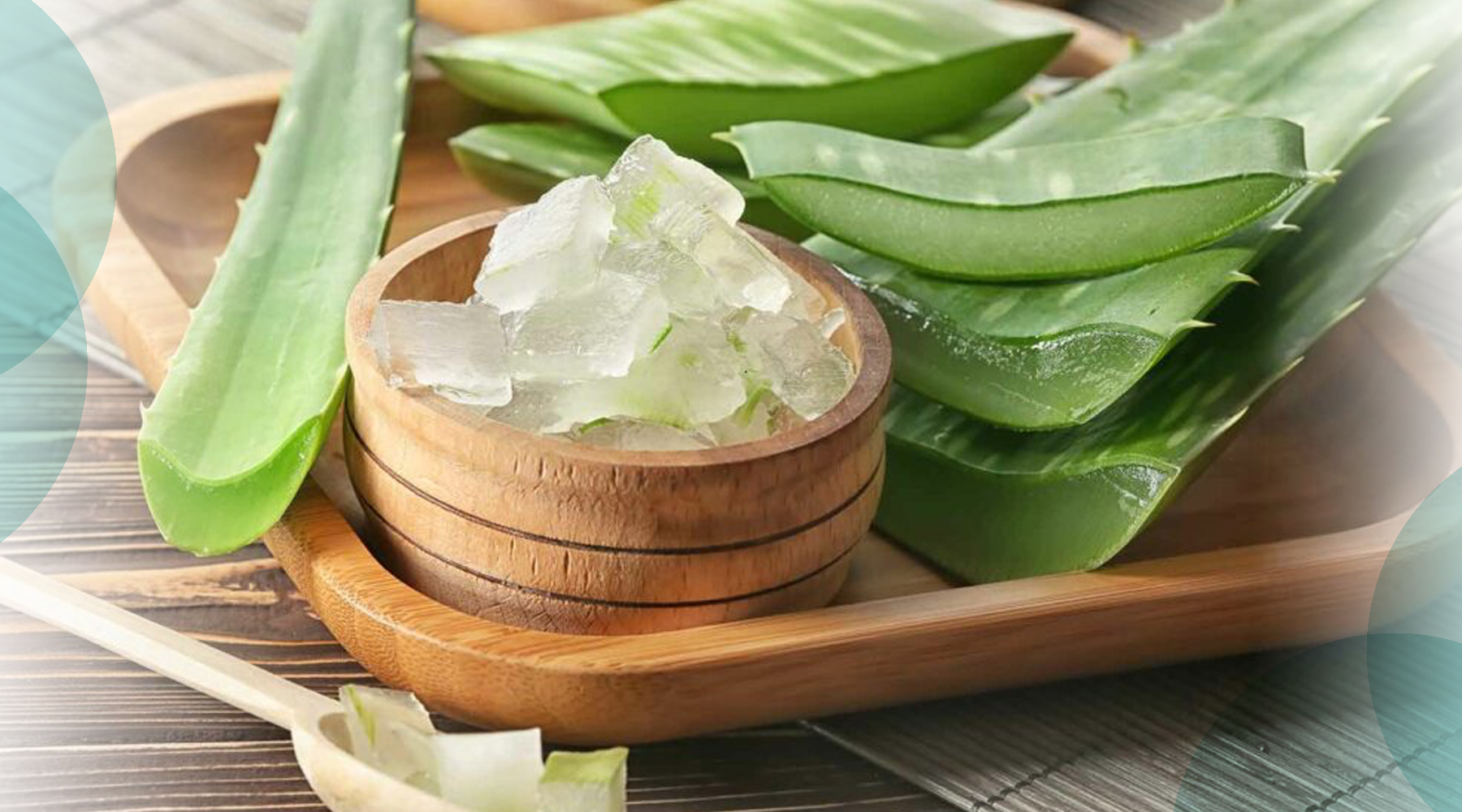Have you jumped on the DIY beauty train yet?
Many people are starting to look a little more closely at the ingredients in their beauty products. After all, we read the labels on food ingredients to find out what we’re putting inside our bodies. Why wouldn’t we do the same with the products we put on our skin and hair, too?
After all, ingredients can – and will – get absorbed by the skin. And these days, a quick glance at a product’s label will reveal a slew of hard-to-pronounce chemicals and other substances. Some of them haven’t even been in use long enough to know the long-term effects if there are any.
That’s where homemade beauty products come in. Made with all-natural ingredients, you won’t have any trouble understanding what is in them. Plus, many of them are extremely easy to DIY at home. Homemade beauty products really only require a few simple ingredients. It really makes you wonder why we’ve been using store-bought skincare products full of preservatives and other hard-to-pronounce ingredients!
I’ve compiled a list of DIY beauty must-have ingredients to keep in your arsenal. There are, of course, plenty of other ingredients out there that can be used to make natural skincare products. But, these are the top must-haves that will be useful for a myriad of recipes. With this list, you can make just about any DIY natural beauty product you need!
Coconut Oil
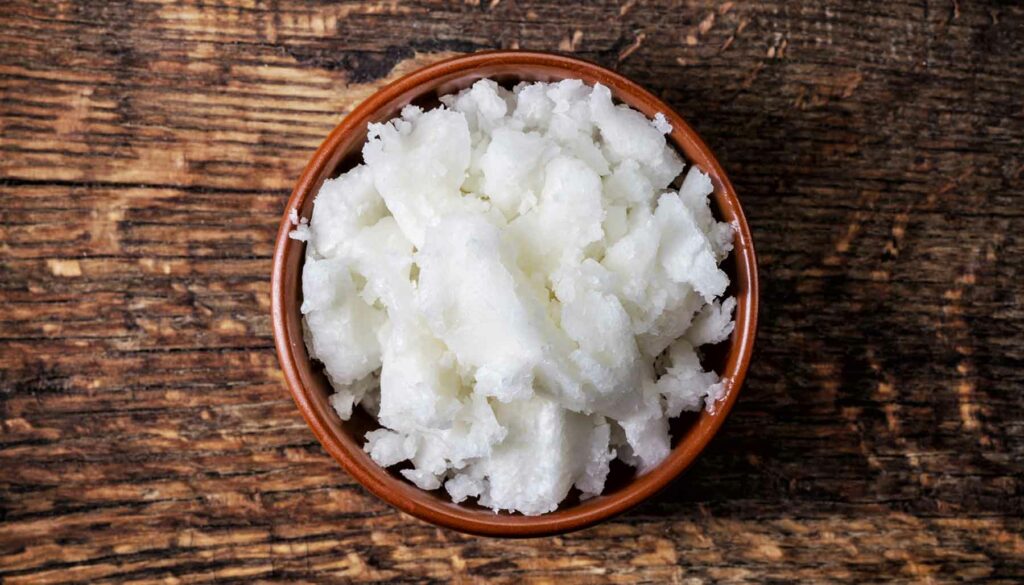
All hail the king of DIY beauty: coconut oil! While it won’t reverse cavities or magically take 10 years off your face, it is a pretty miraculous DIY beauty ingredient that deserves a spot in your stash.
Coconut oil actually contains fatty acids that keep in moisture, but it also has antimicrobial and antiviral properties. You’ll also find vitamins D, E, and K in there. Not only does it work as a hair protectant and deep conditioner, but it can also provide relief for certain skin issues. And if you need an all-natural makeup remover, coconut oil has got you there, too.
Carrier Oils
While coconut oil can technically be used as a carrier oil, it’s not really in the same category, thanks to its usual solid state. I figured we could talk about the other carrier oils on their own, and let coconut oil have its own spotlight.
There are a ton of carrier oils out there that all have their own benefits, but in general, they are all packed with vitamins and antioxidants that are essential for healthy hair and skin. If you want to do a deep dive into different carrier oils and the benefits they provide, check out this master list.
Aloe Vera
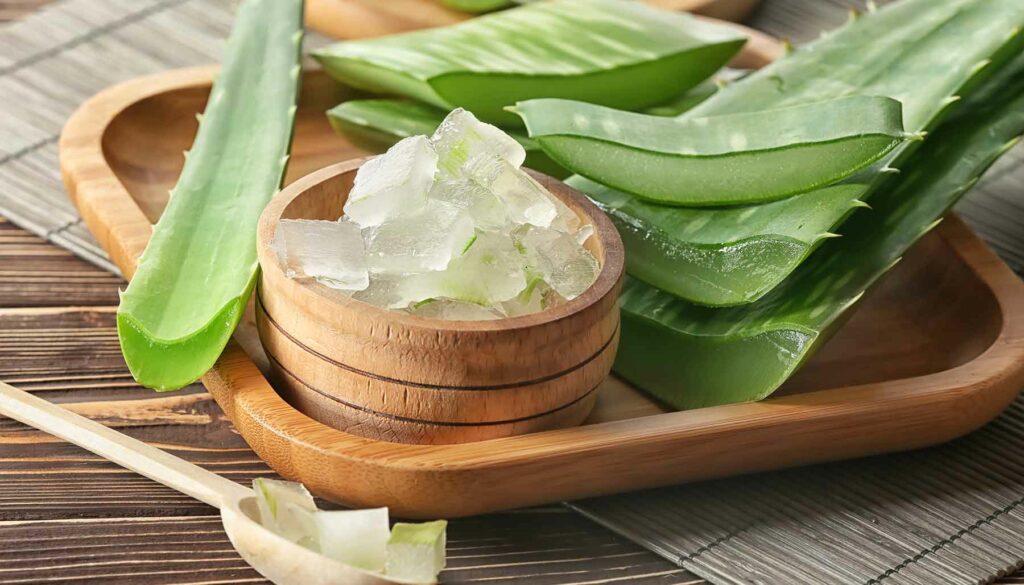
Aloe vera gel boasts so many benefits that it’s hard to list them all. In it, you’ll find an abundance of minerals, vitamins, and amino acids that benefit your skin and hair. On top of that, the stuff has antibacterial, antifungal, and antiviral properties!
Aloe also has that signature cooling effect, which makes it particularly soothing for many issues, like sunburns and itchy scalps.
Sugar
Sugar is obviously a key ingredient for making sugar scrubs, which can be used to exfoliate just about anywhere head-to-toe. It is a gentle, natural exfoliant. Plus, it doesn’t taste bad when using it for a lip scrub!
However, this ingredient is a great exfoliant for more reasons than one. While the granules are physically abrasive, glycolic acid occurs naturally in sugar. Glycolic acid is an alpha hydroxy acid (AHA) that penetrates the skin to remove dead skin cells, and encourages cell turnover.
For more on the benefits of sugar scrubs, check out these DIY Sugar Scrub Recipes for Super Soft Skin.
Honey
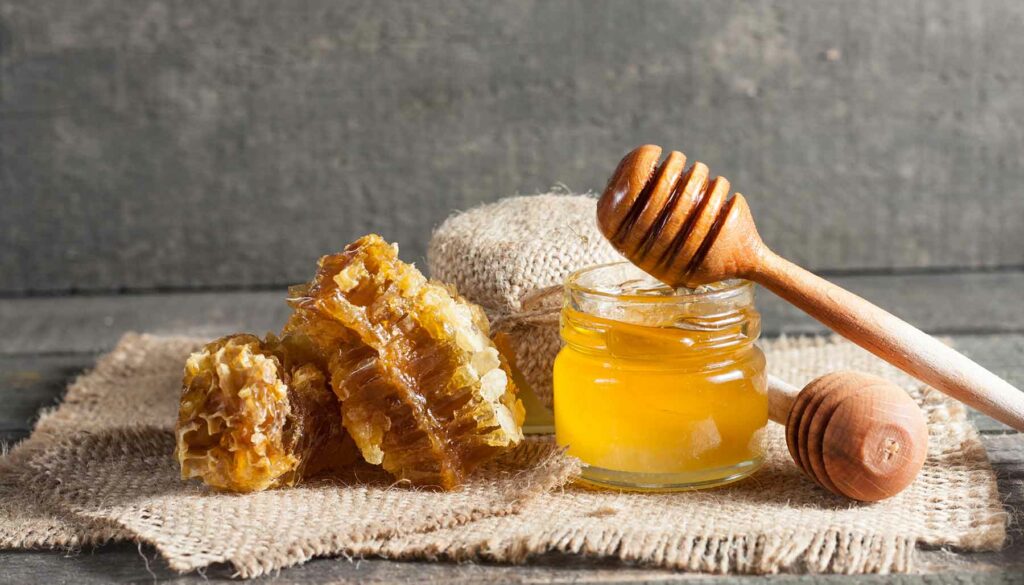
You definitely can’t go wrong with honey. As a natural humectant, it draws in moisture. It is also naturally antibacterial and antifungal, while also being full of antioxidants.
Honey is one of the most stable natural foods in the world. If stored properly, it can have an almost indefinite shelf life – but I’m willing to bet that you use it so much in DIY beauty products that it won’t be sitting on the shelf for too long.
Apple Cider Vinegar
Apple cider vinegar is a trusty ingredient that tons of people swear by. Even people who don’t make a single DIY beauty product keep this stuff around and use it all on its own. It’s one of those multipurpose ingredients that has seemingly infinite uses. You’ll find that ACV is naturally antimicrobial and antiseptic. Plus, it’s full of natural hydroxy acids that will exfoliate. It can even help balance pH levels. Is there anything it can’t do?
Always reach for the unfiltered organic stuff to make sure you get all the benefits!
Essential Oils
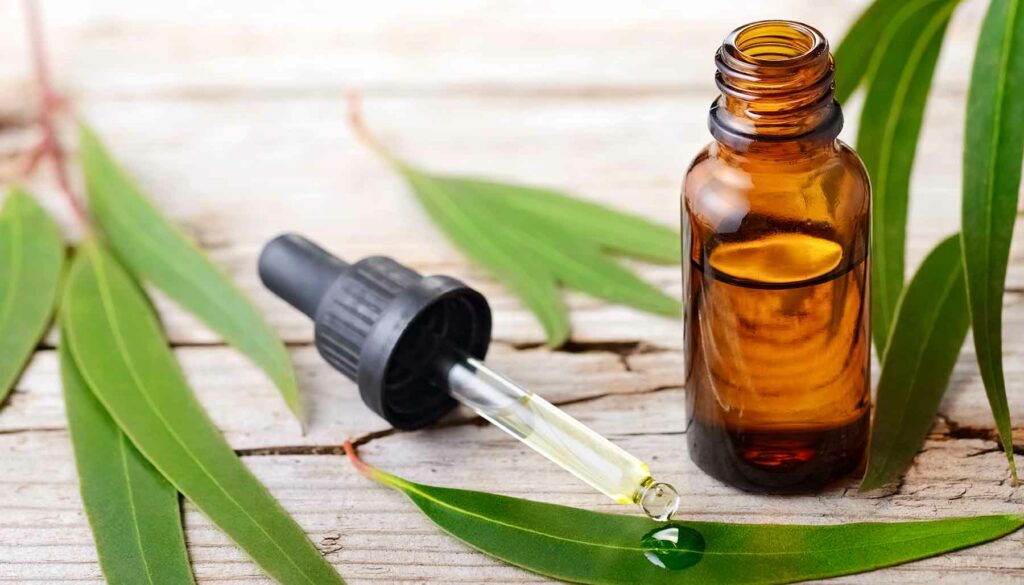
No collection of homemade beauty product ingredients would be complete without essential oils. Sure, they add those wonderful smells to everything you whip up, but they also have their own benefits, too.
Pure essential oils all have their own healing and soothing properties. From antibacterial properties to helping you to relax, there’s a plant essence to help get the job done. Lavender, tea tree, and lemon are definitely my top three, but the ones you stock up on will depend on what you are using them for.
Citric Acid
If you didn’t already guess by the name, this ingredient is an acid that occurs naturally in citrus fruits. Citric acid is an ingredient that is often used in canning, as it’s a natural way to preserve food. It’s also used for that tangy, sour taste in candy! Yep, that sour coating is really just citric acid and sugar.
In the world of beauty products, citric acid is the secret ingredient that makes bath bombs and other items fizz. Citric acid is also an alpha hydroxy acid (AHA), and makes a great exfoliant that will help reveal softer, smoother skin.
Oatmeal
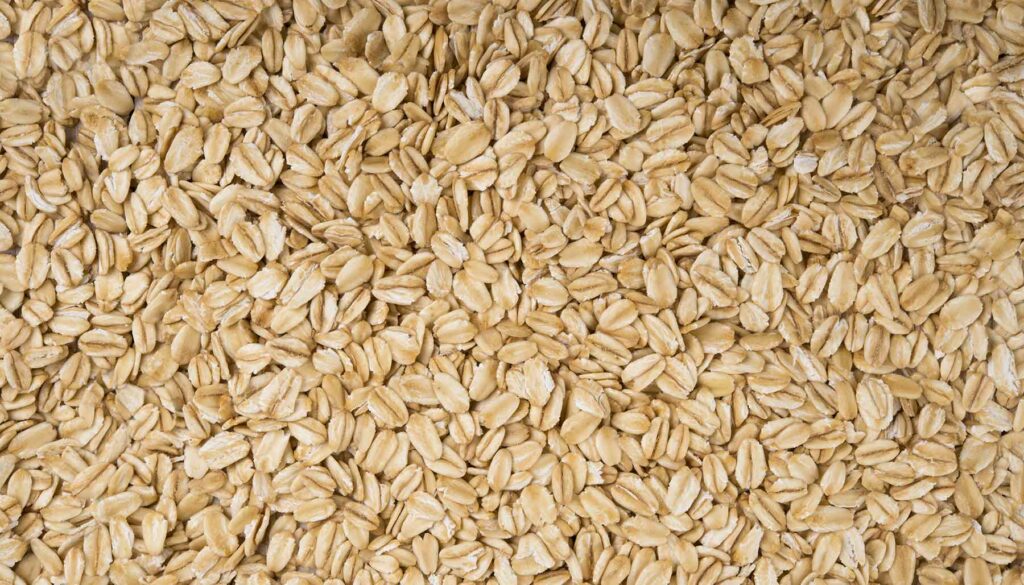
Oatmeal is good for your insides, but it’s also good for you topically, too. Surely you’ve heard the old remedy of taking an oat bath to soothe itchy skin. It has long been used to improve skin dryness and texture, too. Colloidal oatmeal, which is a fine powder of ground-up oats, is usually best for topical use. It dissolves easily in water. It can ease inflammation, and will even help hold in moisture by forming a protective barrier.
Whole oats and coarsely ground oats can also be used to exfoliate away dead skin cells. They can also be added to the bath to soften and soothe skin if you don’t have colloidal oatmeal handy. Obviously, as an ingredient that is safe for consumption, oatmeal is safe to use on your face as well as the rest of your body.
Castile Soap
This plant-derived, biodegradable soap is extra gentle on skin, while also being effective against germs, dirt, oil, and other gunk. As a naturally-derived product, it’s obviously free from parabens, sulfates, and phthalates, which can be terrible on our skin and hair.
Castile soap can be used as a base for any and all DIY cleansers, like face wash, body wash, hand soap, and more. Hey, you can even use it to wash your bathtub or sink when you’re done!
Baking Soda
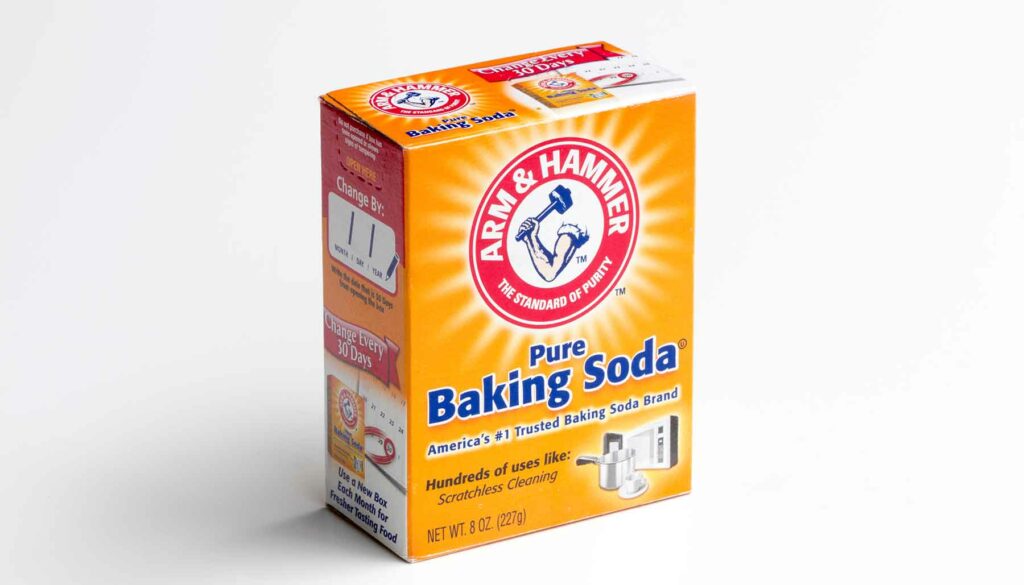
Baking soda absorbs everything. Just like it absorbs all those funky smells in the fridge, it also absorbs anything it comes into contact with, too. That’s why it’s used topically if you come into contact with poison ivy, and is frequently a main ingredient in DIY natural deodorant. The substance can also be used to absorb oil and other gunk from your pores.
It’s worth noting that baking soda does irritate some people’s skin, if it is used too much. The irritation can also be more likely to happen if you use cleansers that contain moisture-stripping sulfates or other chemicals.
Witch Hazel
Witch hazel is actually a flowering plant, and the bark and leaves are what is used to make the product that we regularly refer to as witch hazel. It’s an astringent that has been used as a topical remedy for centuries for a variety of issues: sunburn, rashes, acne, hemorrhoids, and more. It’s also been taken by mouth for other ailments, but we’re talking about beauty products here.
These days, many people swear by adding witch hazel to their skincare routine. It’s gentle, but also effective at fighting inflammation and soothing skin. You’ll also find that it helps fight oil, and is commonly used to tighten pores. This is why witch hazel has become insanely popular as a toner.
Salt
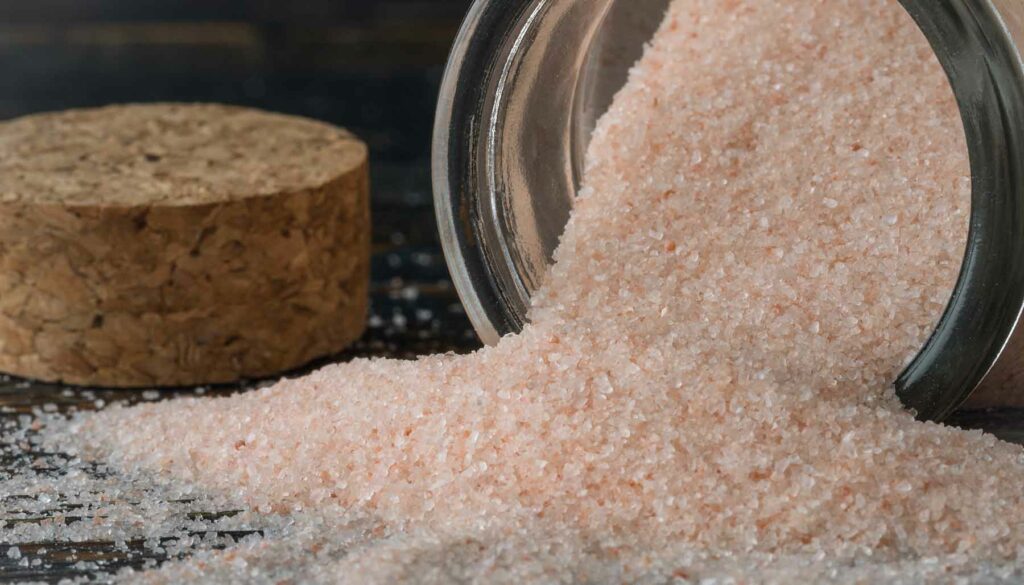
Any kind of salt is a great DIY physical exfoliant, and natural salts can also deliver vitamins and minerals. Salt is also a powerful antibacterial ingredient and absorbs dirt and toxins, leaving you with that clean, purified feel. To really get the benefits, skip the table salt in favor of sea salts.
I’m going to drop Epsom salt here, too. But as a note, Epsom salt isn’t actually salt, despite the name. It’s actually a different compound altogether, made of magnesium and sulfate. Regardless, it’s also a DIY staple that can purify and exfoliate. It’s also known for relieving aches and pains.


